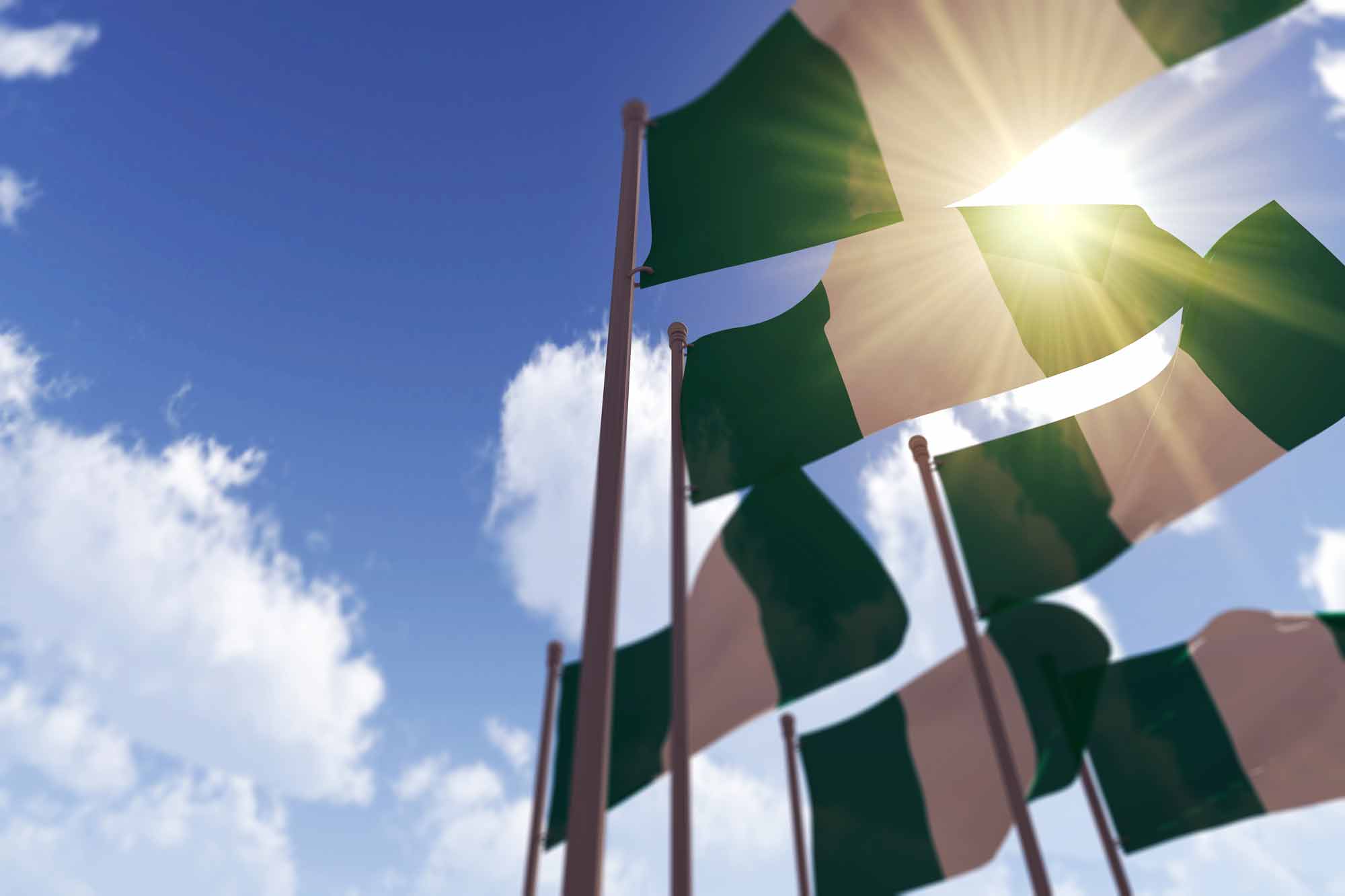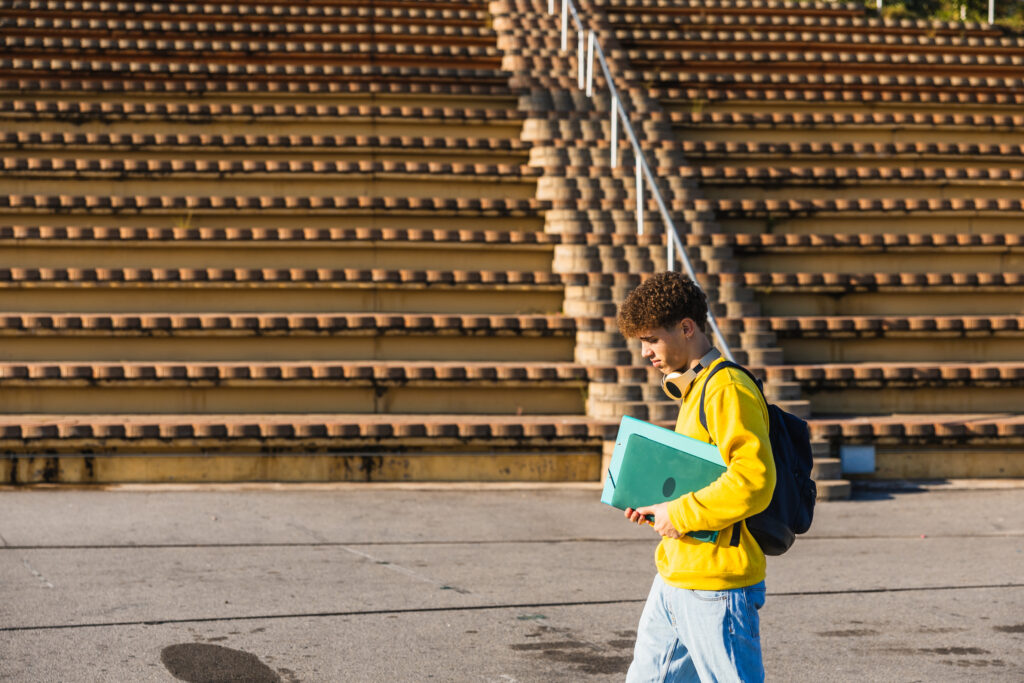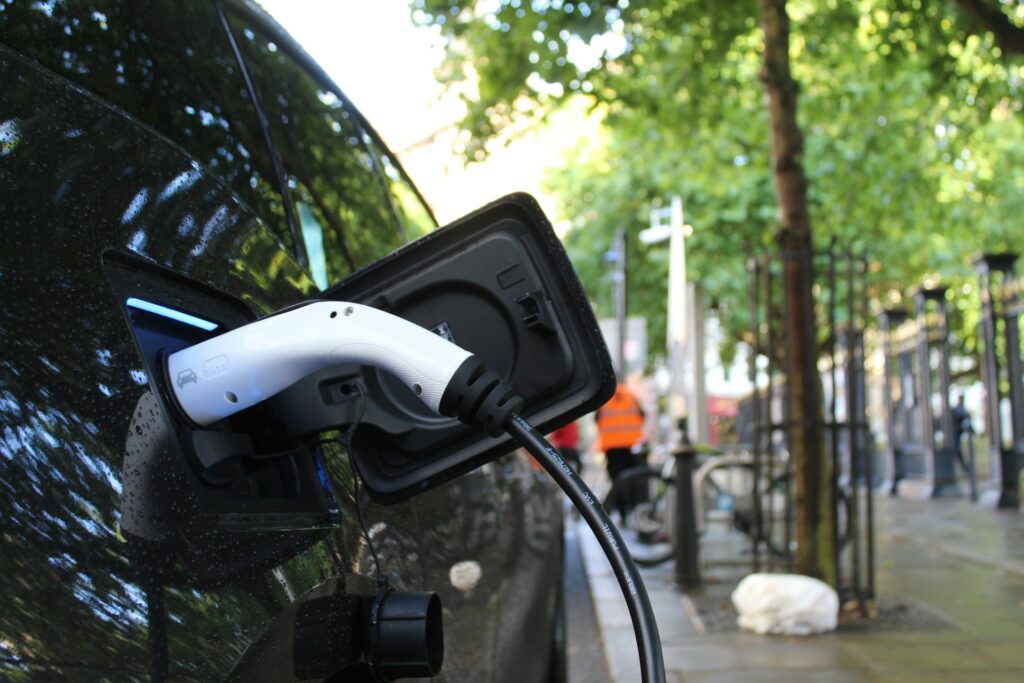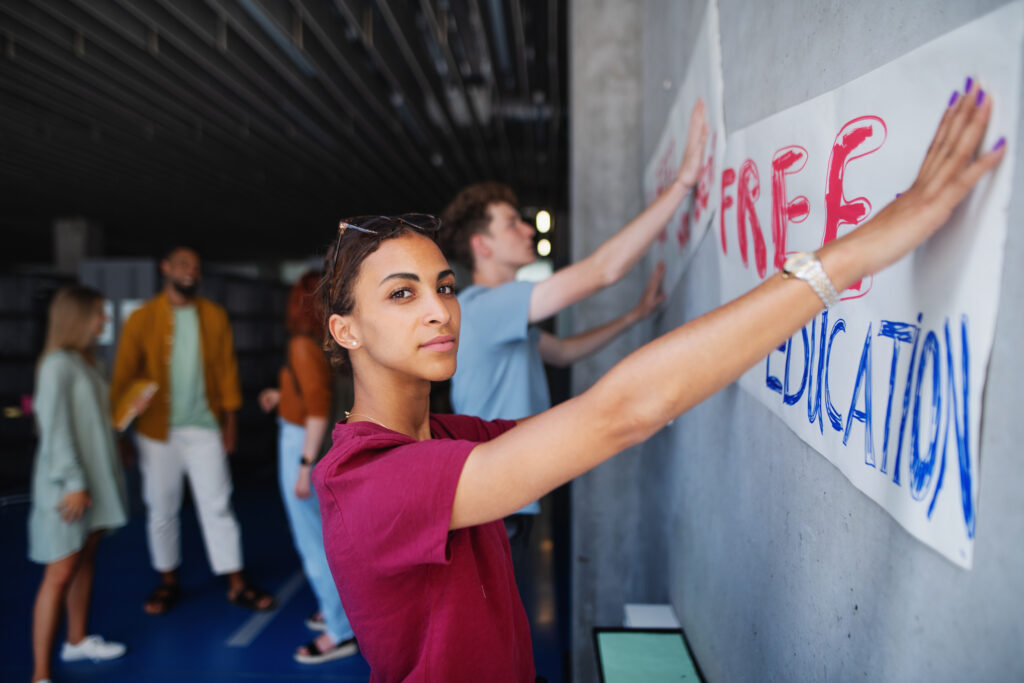
Nigerian police say that fake news shared on Facebook is causing the deaths of many innocent people in the country.
On June 23 2018, violent, incendiary images of mutilated children, burned down homes and bloodied corpses piled in mass graves began to circulate on the popular social media site. The Facebook users who published these images reported that they were Berom Christians who were murdered by Fulani Muslims in the massacre of the Gashish district of Plateau State in Nigeria.
While a massacre did occur during this time in the Gashish district, the images and videos published were not created over the weekend of June 23, and some had, in fact, been shared months earlier. The image of a mutilated baby was shared with a call for God to “wipe out the entire generation of the killers of this innocent child”—in reference to Fulani Muslims. Elsewhere, a video in which a man’s head was cut open had not even originated from Nigeria, it was recorded in Congo-Brazzaville in 2012, six years earlier, but was used as propaganda to elicit hatred and action against the Fulani community.
Some of these circulations had accrued a violent, fatal reaction among some Berom Facebook users. Speaking with the BBC, a Berom youth leader said, “As soon as we saw those images, we wanted to just strangle any Fulani man standing next to us.”
One story that particularly stands out, is that of potato seller from Jos, Ali Alhaji Muhammed.
A mob of Berom men on the prowl for Fulani Muslims and armed with knives and machetes had blocked a road that Alhaji Muhammed was traveling back home on. They murdered Alhaji Muhammad. His body, brutally mutilated, was found three days later. The potato seller was one of 11 men pulled from cars killed on the June 24, the day following the surge of misleading information circulating Facebook about the Gashish massacre. The police and military in Plateau State believe these images fuelled the violence that occurred on June 24.
Tyopev Terna Matthias, a public relations officer for the Plateau State police said, “It was the pictures, the supposed pictures that emanated from the attack [in Gashish].
“Jos South was not under attack. But because of those images they saw, the next day, roads were blocked. People died. Vehicles were burned. So many people died.”
Matthias indicated that this content is highly misleading and dangerous, adding, “Fake news on Facebook is killing people.”
This comes amid much media scrutiny on Facebook’s policy on fake news.












